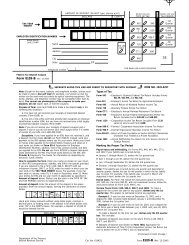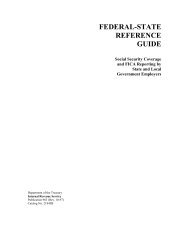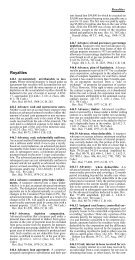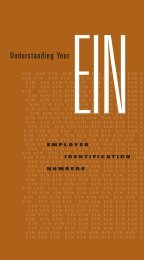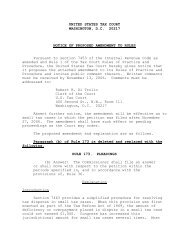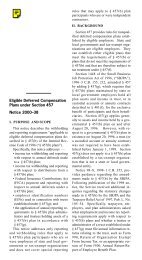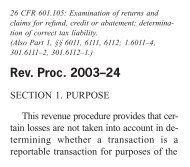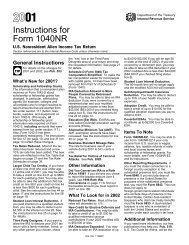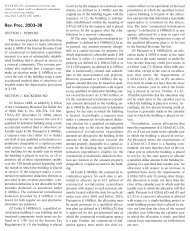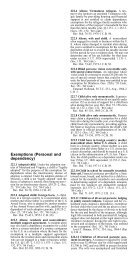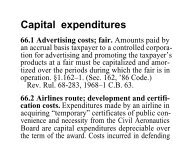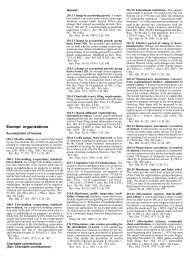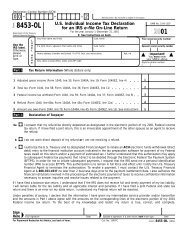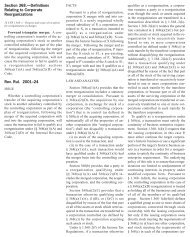Auto Dealerships - Audit Technique Guide - Uncle Fed's Tax*Board
Auto Dealerships - Audit Technique Guide - Uncle Fed's Tax*Board
Auto Dealerships - Audit Technique Guide - Uncle Fed's Tax*Board
You also want an ePaper? Increase the reach of your titles
YUMPU automatically turns print PDFs into web optimized ePapers that Google loves.
6. The finance company is entitled to endorse the dealership’s name on any payments made to<br />
the dealership and any other instruments concerning the installment contract and the financed<br />
automobile.<br />
7. The finance company determines whether the note is in default.<br />
8. The finance company can waive any late payment, charge or any other fee it is entitled to<br />
collect.<br />
9. The finance company can repossess and sell or otherwise liquidate the financed vehicle if<br />
default occurs.<br />
10. The dealership’s customers are notified the note will be assigned to the finance company.<br />
11. The finance company may or does pledge the customer notes as security for its own<br />
indebtedness.<br />
12. The finance company bears the credit risk on the customer notes.<br />
13. The dealership is not required to provide financial statements to the finance company in a<br />
manner normally associated with a line of credit or other loan arrangement.<br />
14. There is no state interest rate, maturity date, or other specific details normally associated<br />
with a line of credit or other loan arrangement.<br />
Treatment of a Loan, an Assignment or a Pledge of Collateral<br />
Whether the transfer of the installment contract to the finance company from the dealership is<br />
determined to be primarily in the nature of a loan or an assignment, the tax treatment is similar.<br />
There is no income to the dealership upon receipt of the cash advance and no gain or loss is<br />
recognized at the time of the transfer of the contract. The cash advance is considered a loan.<br />
Collection by the finance company are treated in a dual manner since they must be applied to both<br />
the original installment contract between the purchaser and the dealership (which the dealership<br />
still owns), and the outstanding cash advance loan between the dealership and the finance<br />
company.<br />
Dealership Note Receivable (from vehicle purchaser): Each collection by the finance company<br />
is applied against the outstanding installment note receivable still owned by the dealership. A<br />
portion of each collection is interest income to the dealership, and a portion is applied against<br />
the principal balance of the purchaser’s note.<br />
Dealership Note payable (to finance company): Since the amounts collected are actually<br />
retained by the finance company to apply against the cash advance balance outstanding, a<br />
portion of each amount collected is considered interest expense to the dealership, and the<br />
remainder applied against the advance principal balance. The fixed percentage collection fee<br />
19-18



